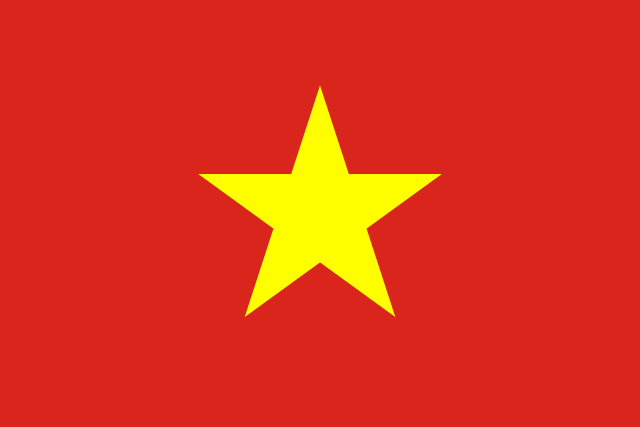On April 17, ENV held a meeting with local authorities in Phuc Tho district to explain the government’s strategy to phase out bear farming, and to build support and improve bear protection efforts in this area.

It was the first time that all the relevant local authorities had gathered together to discuss the District’s bear farming issues, and ENV’s goal was to raise their awareness as part of a new approach to help make a bigger impact.
Phuc Tho district is a bear farming “hotspot” on the western outskirts of Hanoi, and is a key focus area in ENV’s “End Bear Farming” campaign.
Fifteen people attended the meeting, including representatives from local authorities of Phung Thuong commune and Phuc Tho town – where more than 40 bear farms are located – as well as the head of the local Forest Protection Department (FPD).
Building understanding
The meeting resulted in positive response, building a deeper understanding amongst the local authorities of the purpose and objective of the government strategy to manage captive bears, and securing their strong support to cooperate more closely with the FPD and ENV’s programs.
ENV had previously identified that a lack of understanding was the main factor preventing local authorities from being able to fulfill their responsibilities in implementing the captive bear management strategy.
A commonly held misconception is the idea that all bears should be confiscated and the owners paid compensation. However, this approach would not prevent bears from being hunted in the wild and introduced to farms, which is the main aim of the government’s strategy.
The meeting also presented the opportunity for the FPD to educate other authorities related to bear farming management. During the meeting, FPD representatives explained the history of bear farming in Phuc Tho, and appealed for stronger collaboration from local authorities at the commune level to help raise the awareness of local people in the area.
The road forward
According to Phuc Tho local authorities, since 2005, the number of captive bears in the district has reduced slightly from 325 to 270. Although they have significantly cleaned up the area during the last two years by removing signs publicly advertising bear bile; there is still a lot of work to do with dealing with bear violations on farms.
ENV will continue to carry out its awareness and monitoring activities in Phuc Tho district as part of the End Bear Farming campaign, and working with the local authorities to ensure that bear farmers adhere to the law. ENV is looking forward to more effective cooperation from now on, and making a real impact in this District that can set a positive example for the rest of the country.
Background on the Government’s captive bear management strategy
In 2005, the Ministry of Agriculture and Rural Development (MARD) initiated a nationwide campaign requiring all bear farm owners to register their bears, inserting a microchip into each captive bear as a unique form of identification and to prevent bear farm owners from bringing new unregistered (un-chipped) bears onto their farms. The ambitious and costly scheme was to result in a “natural attrition” of bears on farms, as older bears died and were not replaced.
Evidence suggests that this campaign, coinciding with a strong commitment by MARD to phase out and permanently end bear farming in Vietnam, has been working successfully, with numbers dropping steadily since 2005 from 4,500 to an estimated 2,300 bears remaining on farms today.

Photo: In 2011, ENV campaigned successfully for Phuc Tho authorities to remove the bear bile signboards that were openly displayed throughout the district. The caption in the photo sheet above says: “The only reason for all the signboards to exist is to attract visitors to the bear farms to buy bear bile. This proves that all the bear farms in Phuc Tho still continue to illegally extract and trade bear bile. Phuc Tho authorities need to come up with immediate solutions to stop the exploitation and bear bile trade completely in these locations, as stipulated by law.”
{jcomments on}

